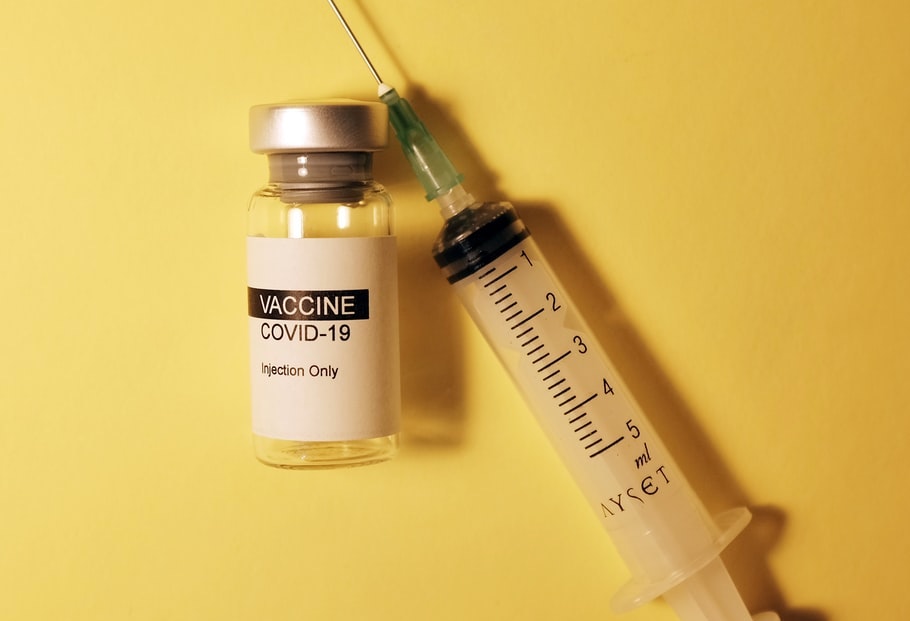Objective:
In countries with high COVID-19 vaccination rates the SARS-CoV-2 Delta variant has resulted in rapidly increasing case numbers. This study evaluated the use of non-pharmaceutical interventions (NPIs) coupled with alternative COVID-19 vaccination strategies to determine feasible Delta mitigation strategies for Australia.
Findings:
- Cases, hospitalisations and deaths are shown to reduce by: (a) increasing coverage to include children aged 5 to 11 years, (b) activating moderate NPI measures, and/or (c) increasing coverage levels above 80%.
- At 80% coverage, vaccinating ages 12 plus without NPIs is predicted to give 1,162 hospitalisations; adding ages 5 and above gives 1,073 cases per million population. Activating moderate NPIs reduces hospitalisations to 705. Alternatively, increasing coverage to 90% reduces this to 684. Combining all three measures is shown to reduce cases to 398, hospitalisations to 2 and deaths to zero.
Conclusion:
Delta variant outbreaks may be successfully managed by an achievable 80% vaccine coverage rate and moderate NPI measures, allowing schools and many workplaces to remain open. This prevents use of hard lockdown measures, and consequential economic and societal damage. Activating moderate NPIs is shown to give a similar reduction in health burden as increasing coverage of ages 12 and above to 90%. If 90% coverage cannot be achieved, including children and adolescents in the vaccination program coupled with moderate NPIs appears necessary to contain future COVID-19 Delta transmission.


